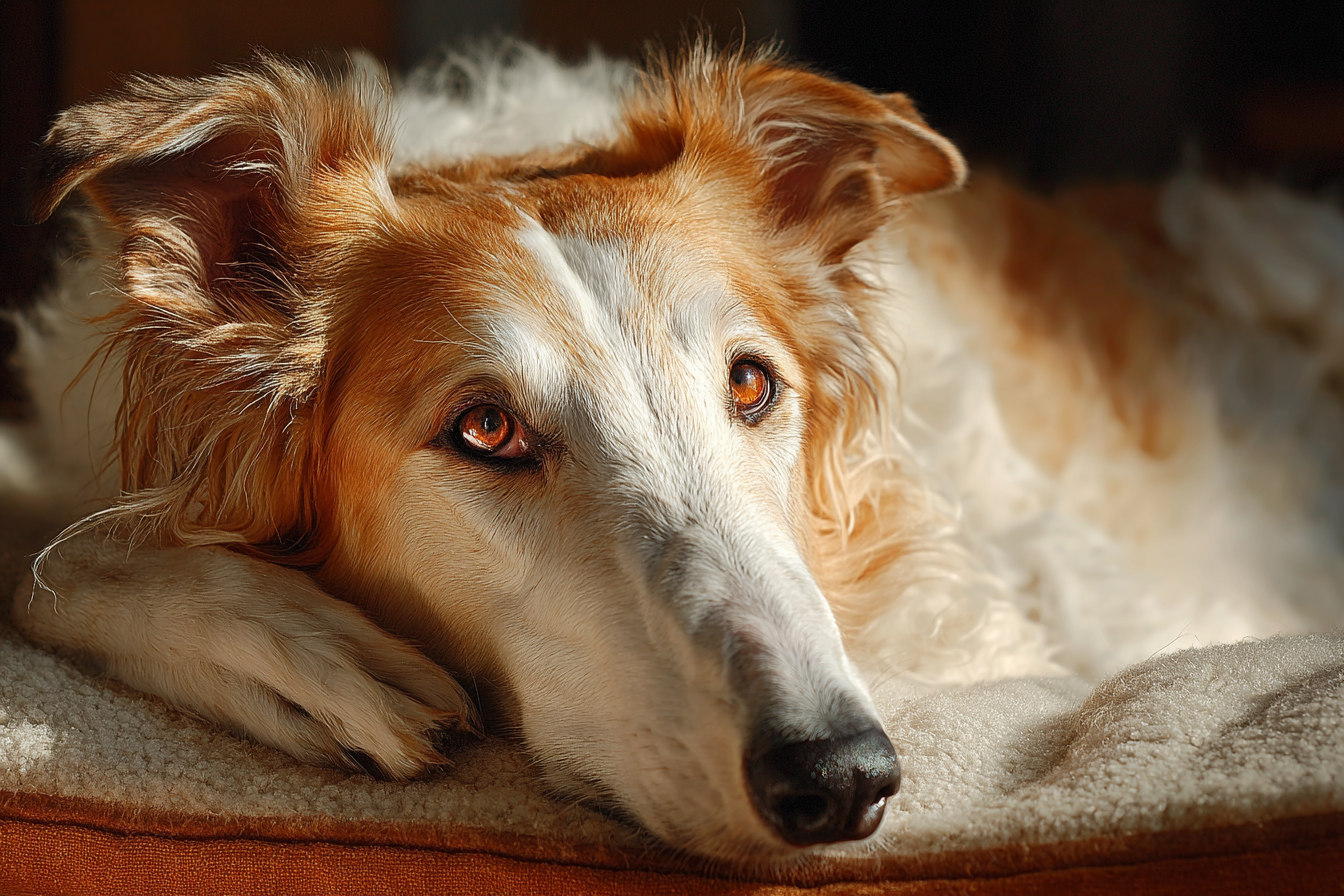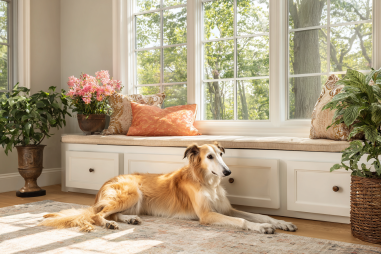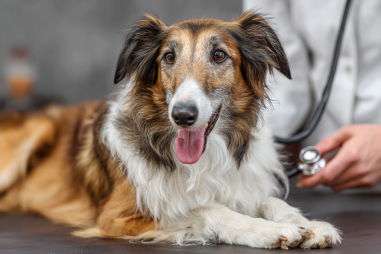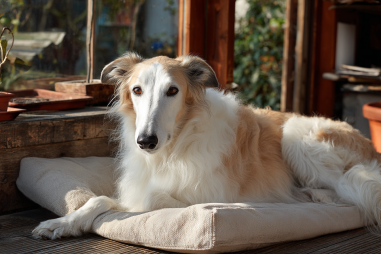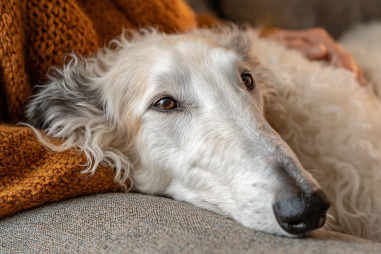Owning a Borzoi is a wonderful experience filled with grace, companionship, and a unique glimpse into one of the oldest dog breeds. As these elegant dogs age, understanding their lifespan and the changes they go through becomes crucial for providing the best care possible. In this article, we’ll dive into what you can expect as your Borzoi grows older, how to adjust their care routines, and tips to help you support your furry friend through their golden years.
Average Lifespan of Borzoi Dogs
Borzoi dogs typically live between 10 to 12 years, although some may live longer with optimal care. Their lifespan is influenced by various factors such as genetics, diet, exercise, and overall health. Being a large and slender breed, they are generally healthy but do have some breed-specific concerns that can impact longevity. Understanding what is typical helps set realistic expectations and allows owners to plan accordingly for their dog’s aging process.
Common Health Changes With Aging
As Borzois age, it is natural for them to experience health changes that may affect their quality of life. Common age-related issues include:
- Joint Problems: Like many large breeds, Borzois are prone to arthritis and hip dysplasia, which can lead to stiffness and reduced mobility.
- Vision and Hearing Decline: Older Borzois may suffer from cataracts or other eye conditions, and their hearing might diminish with age.
- Cardiac Concerns: Heart disease can develop in senior Borzois so monitoring their cardiovascular health is essential.
- Weight Fluctuations: Metabolism slows down, making it easier for them to gain or lose weight, which can cause additional strain on their body.
- Cognitive Decline: Some Borzois may experience symptoms similar to dementia in humans, including disorientation or changes in behavior.
Regular veterinary checkups are key to identifying and managing these health changes early on.
Adjusting Diet and Exercise
Maintaining a balanced diet and appropriate exercise routine becomes even more important as your Borzoi ages. Here are some considerations:
- Diet: Older Borzois may benefit from diets formulated for senior dogs, which typically contain fewer calories but are richer in nutrients like omega-3 fatty acids, antioxidants, and glucosamine. These help support joint health, immune function, and skin condition.
- Portion Control: Reducing calorie intake can help prevent obesity, which is a risk factor for many age-related ailments.
- Hydration: Ensure your dog has access to fresh water at all times, especially as kidney function can decrease with age.
- Exercise: While Borzois are known for their bursts of speed, their endurance decreases with age. Gentle daily walks and low-impact activities like swimming can keep their muscles strong and joints flexible without overexertion.
Monitoring Mental and Physical Health
Paying close attention to your Borzoi’s behavior and physical condition is essential in their senior years. Signs to watch for include:
- Changes in appetite or water consumption
- Difficulty in movement or reluctance to exercise
- Confusion, increased anxiety, or altered sleep cycles
- Unusual lumps, bumps, or skin changes
- Loss of interest in favorite activities
Keeping a health diary or notes about any behavioral changes can be helpful during veterinary visits. Early intervention often improves outcomes, so don’t hesitate to seek professional advice if you notice anything concerning.
Senior Dog Care Tips
Enhancing your Borzoi’s quality of life as they age involves making small but impactful changes at home. Consider the following tips:
- Comfortable Bedding: Provide orthopedic dog beds to reduce pressure on joints and promote restful sleep.
- Accessible Environment: Use ramps or steps for furniture access and prevent slippery floor surfaces to minimize the risk of falls.
- Regular Grooming: Aging Borzois may groom themselves less efficiently, so regular brushing helps maintain their coat and skin health.
- Mental Stimulation: Engage them with gentle games, puzzles, or new scents to keep their minds sharp.
- Consistent Routine: Senior dogs thrive on predictability, which can reduce stress and anxiety.
Preparing for End-of-Life Care
While it’s difficult, preparing for this stage ensures you can provide compassionate care and make informed decisions. Here are some important aspects:
- Discuss Prognosis Openly: Work closely with your veterinarian to understand your Borzoi’s health status and options for palliative or hospice care.
- Maintain Comfort: Focus on pain management, comfort, and maintaining dignity rather than aggressive treatments.
- Emotional Support: Provide a calm, loving environment and be attentive to their emotional needs as well as physical ones.
- Plan Difficult Decisions: Consider your wishes regarding euthanasia and end-of-life care in advance so you are prepared when the time comes.
Knowing you’ve done everything possible to ensure your Borzoi’s comfort and happiness can be a source of peace during this emotional time.
Caring for a Borzoi throughout their lifespan is a rewarding journey that requires knowledge, patience, and compassion. By understanding their unique needs as they age and making thoughtful adjustments to their care, you can help your beloved companion enjoy a happy, healthy life right up to their final days. The bond you share will only deepen as you navigate the challenges and joys of your Borzoi’s golden years together.

